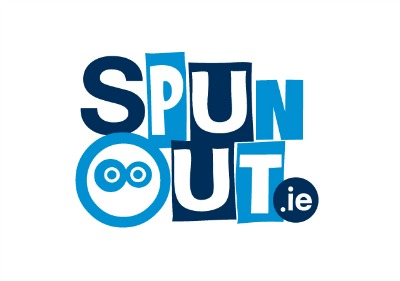Spun Out is a youth oriented website that is funded by, among others, the HSE and the inevitable Atlantic Philanthropies. It says its purpose is “to educate and inform our readers about the importance of holistic wellbeing and how good health can be maintained, both physically and mentally.” That’s a laudable aim, but a quick tour of its website reveals that its view of what leads to “wellbeing” suffers from some pretty big blind spots.
This is best revealed by checking out the sort of topics that get plenty of mentions on its website compared with the ones that receive few if any mentions.
Type in the word “sex” into its search engine, for example, and you will find 130 search results. There are 44 for “condoms”, 50 for “transgender”, 68 for “gay”, and so on.
Marriage is considered by many to be a good thing, a contributor to “wellbeing” and to be sure the word “marriage” returns 38 results, but almost everyone one of them refers to the marriage referendum and hardly any to marriage per se, or why it is a good thing per se, except as a symbol of equality.
“Family” gets 125 mentions but they are passing mentions mostly. The articles referring to “family” deal mainly with other issues like dealing with the bereavement of a family member, or loneliness, or the rights of lone parent families rather than with the family in itself.
Two articles deal with or mention divorce. This is a particularly bad blind spot given that many children and young adults today have experienced the divorce of their parents. Spun Out would undoubtedly say that it is reflecting the real concerns of young people. Why then do we only get two articles about divorce?
There are 123 articles that mention “relationships” but only three mention “commitment” and only one of these does so in a meaningful way.
“Fidelity” receives no mentions at all and “abstinence” only one. But not to worry because “threesomes” are mentioned in four places on the website.
Given that the aim of Spun Out is to promote physical and mental health and wellbeing you would have thought a bit more attention would be paid to the literature that shows a link between mental health and the number of sexual partners you have.
For example the National Longitudinal Study of Adolescent to Adult Health (Add Health) in the US shows that depression is more likely among young women who have had multiple sexual partners. The rate is especially high among women who have had 10 or more partners in the one year but it is also considerably higher among those who have had five or more lifetime sexual partners. (The same correlation is not found among young men).
As for religion, admittedly this is only a minority pursuit among young people at present but surely it’s worth more than 11 mentions?
Christianity gets no mentions (you read that right), but Buddhism rates two mentions. Islam gets no mentions either despite it being in the news all the time.
Even spirituality barely gets a look in with only six mentions on the website.
You should get the picture at this stage. If Spun Out was an organization with an explicit ideological or philosophical viewpoint these blind spots would be excusable, but given that it receives funding from the HSE and its purpose is to promote “holistic wellbeing” how does it explain why it is much more interested in threesomes than in abstinence, in condoms than in divorce, in Buddhism than in Christianity, and in gay marriage rather than in marriage per se?
I’m not expecting an answer, but the questions are worth asking. And by the way, if the answer is that these are the issues Spun Out’s contributors are interested in writing about, then Spun Out isn’t trying hard enough.
















